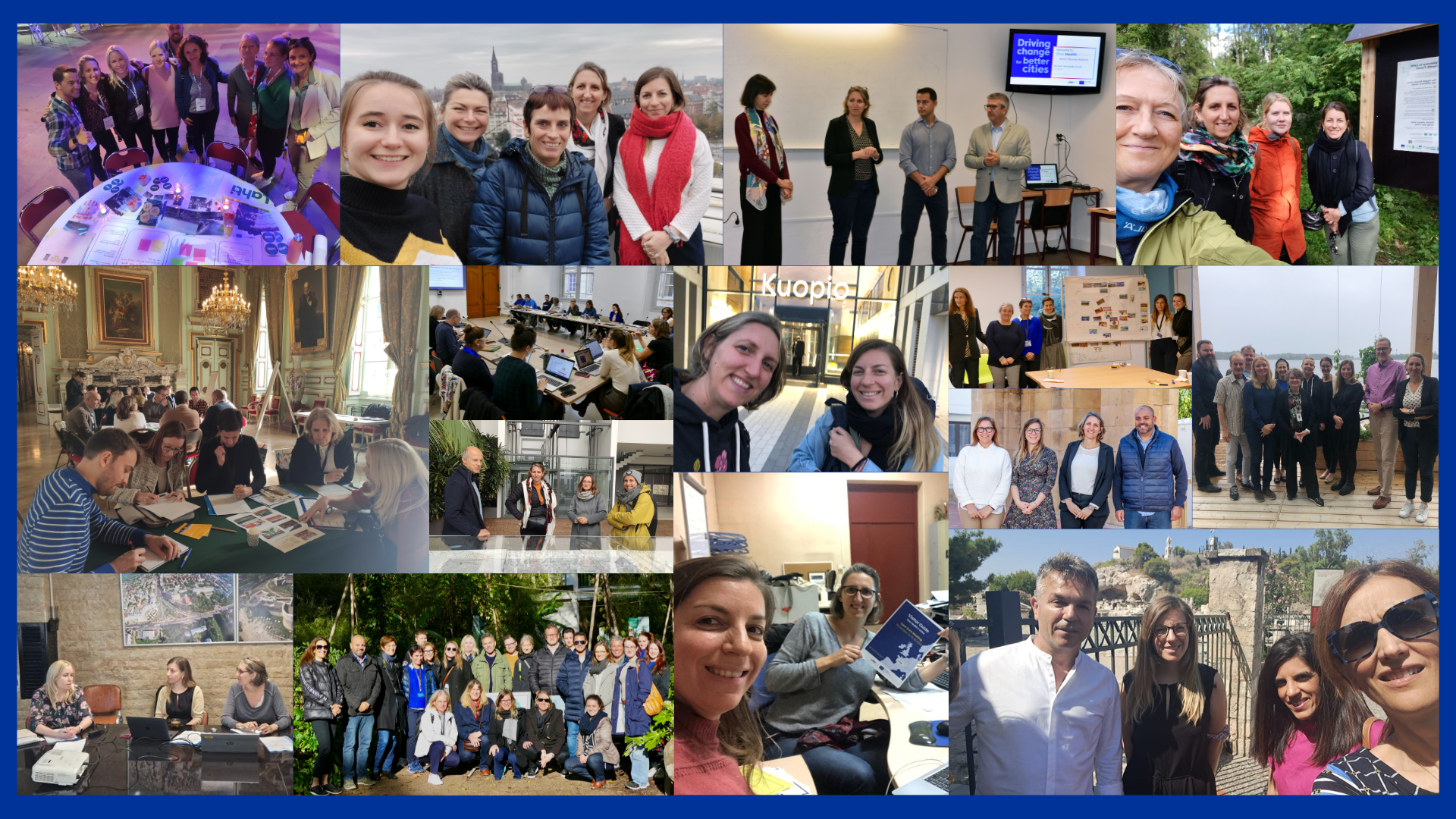What is One Health and why is it important in cities?
"One Health" is an approach that recognizes the interconnectedness of human health, animal health, and environmental health. The interactions between people, animals, plants and our environment have changed in many ways in the past years (increased travels, emerging diseases, extreme weather). One Health analyses these three components and how they behave when they interact. It recognizes that it is impossible to take care of one aspect without taking care of the others. One Health has become more important in recent years due mainly to the COVID 19 crisis.
This approach emphasizes the need of collaboration, cooperation, capacity building and communication across multiple disciplines (including human health, veterinary medicine, environmental science, social sciences and more), to address complex health issues.
One Health is imperative for cities, given the unique challenges they face – dense populations, pollution, close human-animal interaction, shared environmental spaces, heat waves, invasive species – and their role in the biodiversity crisis and their adaptation to climate change impacts. In such context, it is crucial for cities to implement the One Health approach as a preventive strategy. It will increase the benefits and mitigate the negative impacts of this evolving context on the well-being and health of the living beings.
As analysed by WHO, ‘cities are central actors for the implementation of One Health thanks to their characteristics of action. They are a key actor of the diagnosis of the health needs and inequalities among their population. They are implementing health prevention policies on the field, they are in charge of hygiene on their territory, and lead the urban policies to organize public spaces’.
One Health 4 Cities Mission
One Health in urban environments is an immense topic to handle, involving different disciplines, priorities, strategies, policies, etc.
The Network One Health 4 Cities will navigate through these challenges and find ways to make meaningful actions locally but also develop knowledge for more cities to explore how to integrate One Health in their contexts. Through collaboration and shared insights, the Network aims to pave the way for a collective and informed approach to integrating One Health practices, fostering healthier and more sustainable urban environments and communities.
The Network will work on how to integrate One Health horizontally into different disciplines experimenting its concrete implementation on specific thematic including: healthy lifestyles, active ageing, green prescribing, and nature connectedness, healthy urban planning, and biodiversity. The complexity of the approach requires also from the Network to look into topics of stakeholder engagement, monitoring, funding and policy integration.
To do so, the Network will also embark on the mission to integrate One health on the health impact assessment methodology, develop some easy-to-use tools and guidance on the novel 3 Healths Impact Assessment.
Through local testing, the Network will pilot and compare different methods to identify working solutions and potential synergies between topics. Regular meetings and working sessions will facilitate the sharing of results, enabling the identification of actions beneficial to cities of a variety in sizes, climates, and governance structures. All knowledge development and exchanges will fuse the URBACT’s proven methods and tools to achieve better results.
The overarching goal is that each city will develop a specific Integrated Action Plan with a unique focus, all aimed at implementing the One Health approach as one of the responses of the diverse challenges they are facing.
The One Health 4 Cities Network is co-funded by URBACT.

